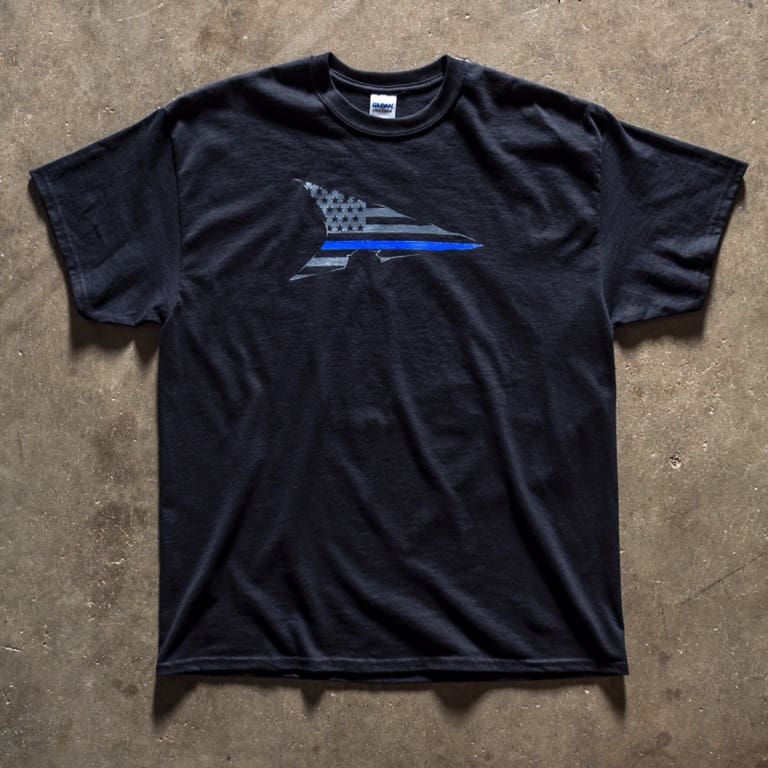CENTRAL LAKE, Mich., Nov. 29, 2016 /PRNewswire/ — Central Lake Armor Express, Inc. (“Armor Express”), a leading manufacturer and distributor of high-performance body armor solutions, announced today two strategic hires as the Company continues to expand its presence in the Federal Law Enforcement market. These hires follow the Armor Express’ previously announced $94 million Indefinite Delivery / Indefinite Quantity contract award with the Department of Homeland Security (DHS).
Joining Armor Express as the new Director of Federal Sales is industry veteran David Jones. He has been brought onboard to lead the Company’s Federal Sales initiatives, which include sales strategy, client management and overall market expansion programs. Mr. Jones joins the Company after a distinguished 20-year career, having most recently served as Sales Director for Saxon Security, Inc. In this position, he was responsible for product marketing and sales, client service and channel management, working with prestigious customers including the U.S. Secret Service, FBI SWAT, FBI Violent Crimes Task Force (VCTF), Amtrak Police Special Operations, HIDTA (U.S. Federal Drug Task Force), and numerous police departments. Previously, Mr. Jones held the position of Sales Manager, Law Enforcement at Hesco Group, where he oversaw sales of hard armor products to both U.S. and Canadian Law Enforcement. Earlier in his career, he was the Business Development Manager at ALM Tech Corporation, responsible for setting sales and distribution strategies and securing strategic partnerships in support of the Company’s Federal, domestic law enforcement and Special Forces business units. Mr. Jones is a graduate of Penn State University, with a B.S. in Finance.
Additionally, the Company is pleased to announce the appointment of Jake Hayes as Federal Sales Manager. He will be responsible for developing and servicing Federal agency contracts and working with the team to expand the Company’s reach. Before assuming this role, Mr. Hayes served as Sales Specialist for the Federal Government market at Code 3, Inc., where he oversaw Government Services Agency (GSA) contracts and worked with procurement agents from various agencies, including the FBI, CIA, U.S. Secret Service, U.S. Marshals, DEA, National Park Service, NASA, Bureau of Indian Affairs, and U.S. Air Force. He also held sales management positions with Blue Eagle Investigations, One Call Care Management and Northstar Alarm Services. Mr. Hayes received his B.S. in Marketing from Eastern Illinois University.
Commenting on these appointments and the Company’s continued growth initiatives, Scott Wyatt, Vice President of Sales and Marketing, stated, “On behalf of our team, I would like to welcome both David and Jake to Armor Express. They both bring extensive experience servicing and protecting the Federal law enforcement community and have deep-seated relationships that will serve our Company and our customers well. These hires are especially meaningful given the timing, as we have recently expanded our customer base and are currently developing new body armor systems designed specifically for Federal officers. Knowing agency requirements and being in position to develop solutions that address their specific needs is paramount to our product development initiatives and positions us well for future opportunities.”
As federal agencies across the country seek to advance their capabilities, Armor Express has directed its resources to developing new and enhanced ballistic packages, carrier designs, hard armor plates, and accessories. This incorporates the most innovative technologies and industry best standards to better protect and enable officers to perform their jobs at the most optimal level. Thousands of federal agents nationwide have depended on Armor Express’ solutions, including those from the U.S. Marshals, Court Services and Offender Supervision Agency (CSOSA), U.S. Capitol Police (USCP), Office of Inspector General (OIG), U.S. Department of the Interior (DOI), Federal Emergency Management Agency (FEMA), U.S. National Park Service, and U.S. Fish and Wildlife Service.

















































































































